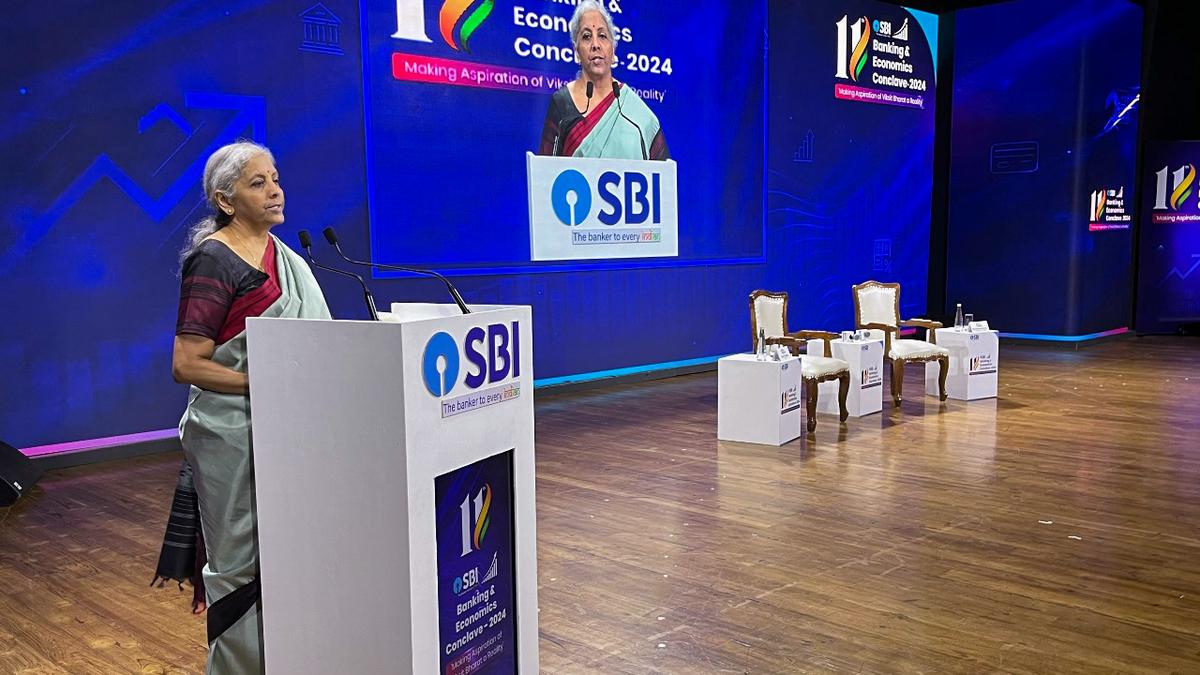The first official gauge of the economy’s performance so far in 2024-25 pegs real GDP growth at 6.7% between April and June, a five-quarter low and below the central bank’s projection. The Reserve Bank of India (RBI), which expects a 7.2% GDP growth through 2024-25 following last year’s 8.2% surge, had revised its estimate for Q1 from 7.2% to 7.1%, earlier this month. The actual numbers are underwhelming and mark a clear cooling in the economic momentum, although some base effects are in play. Growth in the Gross Value Added (GVA) in the economy came in higher at 6.8%, after a year of widening divergences with the GDP print. At the onset of this fiscal year, major hopes hinged on a normal monsoon boosting farm sector output and easing inflation, which could lift the weak rural demand and private consumption witnessed last year. Higher demand would bolster private firms’ propensity to invest in new capacities, and ease the pressure on public spending to prop up growth. That the government would still ramp up capital expenditure by 17% to ₹11.11 lakh crore this year, while it waited for this narrative to unfold, was the other pillar underpinning this year’s growth aspirations.
As things stand, this script is yet to fully play out. The stretched general election has sharply scuppered public capex, and the government will need to redouble efforts to meet its spending goals. The good news is that private consumption spends bounced to a six-quarter peak of 7.4%, partly thanks to easing headline inflation. But food prices remain elevated. The monsoon has been better than last year but a tad erratic and uneven, temporally as well as spatially. Farm GVA growth has moved up to a four-quarter high of 2% but the next few weeks will determine whether the sector rebounds in earnest (and food inflation cools). Projections of above normal downpours in September may well affect standing kharif crops. This is a key monitorable for the RBI, whose independent monetary policy panel members have flagged a 1% GDP growth loss this year and next, if interest rate cuts are delayed. India may still grow 6.5% to 7% this year, but most expect growth to slip to 6.5% in 2025-26, with the medium-term potential hovering around that number. This is too slow for comfort. As top IMF official Gita Gopinath pointed out recently, policymakers need to urgently pursue meaningful reforms across all aspects of the economy, and improve the efficiency of its institutions and the judiciary. This is critical to lift its growth potential and fulfil hopes of creating gainful employment for its young, fast enough for India’s demographics to yield a dividend.





